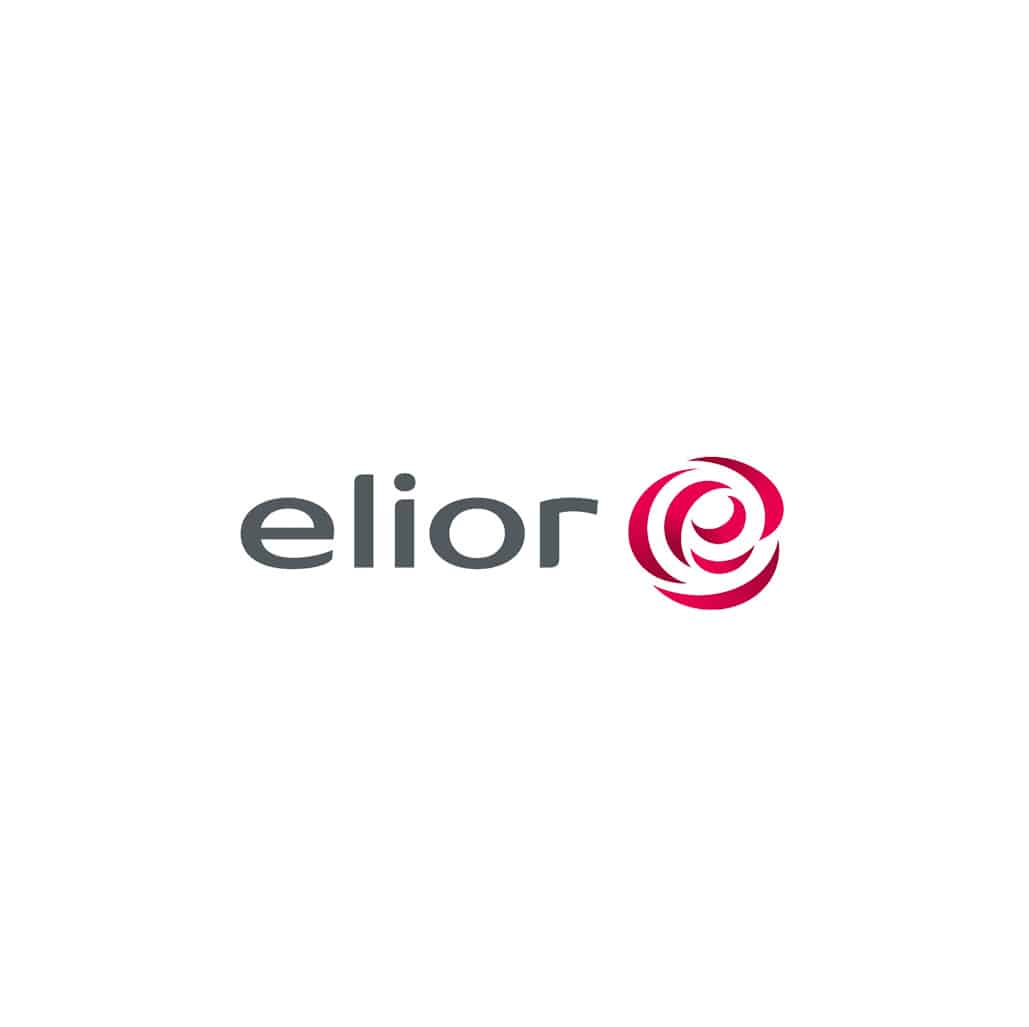Measuring food waste

Terms of the action or commitment
Assessing food waste and sharing the results allows everyone to become aware of its impact: the kitchen teams during preparation, the guests during the meal. This is why it is essential to establish a diagnosis of food waste that could be avoided: overproduction, unsold items, tray returns, etc.
This diagnosis is either carried out directly by the Elior teams via a tool integrated into their daily management system, or by external expert partners. The results are then analyzed and shared with customers in order to build the action plan adapted to the sources of waste specific of the restaurant.
In France, in 2021, a campaign at 50 sites thus made it possible to measure thate Elior’s average waste is lower than the national average (< 120 g/cover). Member of
La Défense des Aliments working group, Elior has put in place for five months in some of its restaurants targeted anti-waste actions (charging for the second loaf, reducing the serving sizes or even visualizing the quantity of wasted food) and has thus reduced waste by 28% between T0 and post actions measurments.
Levers mobilized for circular economy (according to Ademe)
Implementation timeline
Starting year
2020
Ending year
2025
Main actors mobilized
Internal actors
RSE & operation & SI
External actors
/
Geographic area
Worldwide
2022 follow-up of the action
Date of follow-up
May 2022
Methods of validation of the follow-up
Internal validation, proprietary steering tools, external audit of data
Status of the action
In progress
Completed
a) Results
Achieved
Partially achieved
Not achieved
b) Numerical / Qualitative information
Cancelled
Explanations
Comparison with the projected pace in the last publications
Keeping up with the times
In advance
Delayed
Partial / Final results
Technical solution delivered to operational teams in 2021 for all segments in France. Deployed to date at over 100 sites.
Company's comments
Assessing food waste and sharing the results allows everyone to become aware of its impact: the kitchen teams during preparation, the guests during the meal. This is why it is essential to establish a diagnosis of food waste that could be avoided: overproduction, unsold items, tray returns, etc.
This diagnosis is either carried out directly by the Elior teams via a tool integrated into their daily management system, or by external expert partners. The results are then analyzed and shared with customers in order to build the action plan adapted to the sources of waste specific of the restaurant.
In France, in 2021, a campaign at 50 sites thus made it possible to measure thate Elior’s average waste is lower than the national average (< 120 g/cover). Member of La Défense des Aliments working group, Elior has put in place for five months in some of its restaurants targeted anti-waste actions (charging for the second loaf, reducing the serving sizes or even visualizing the quantity of wasted food) and has thus reduced waste by 28% between T0 and post actions measurments.



